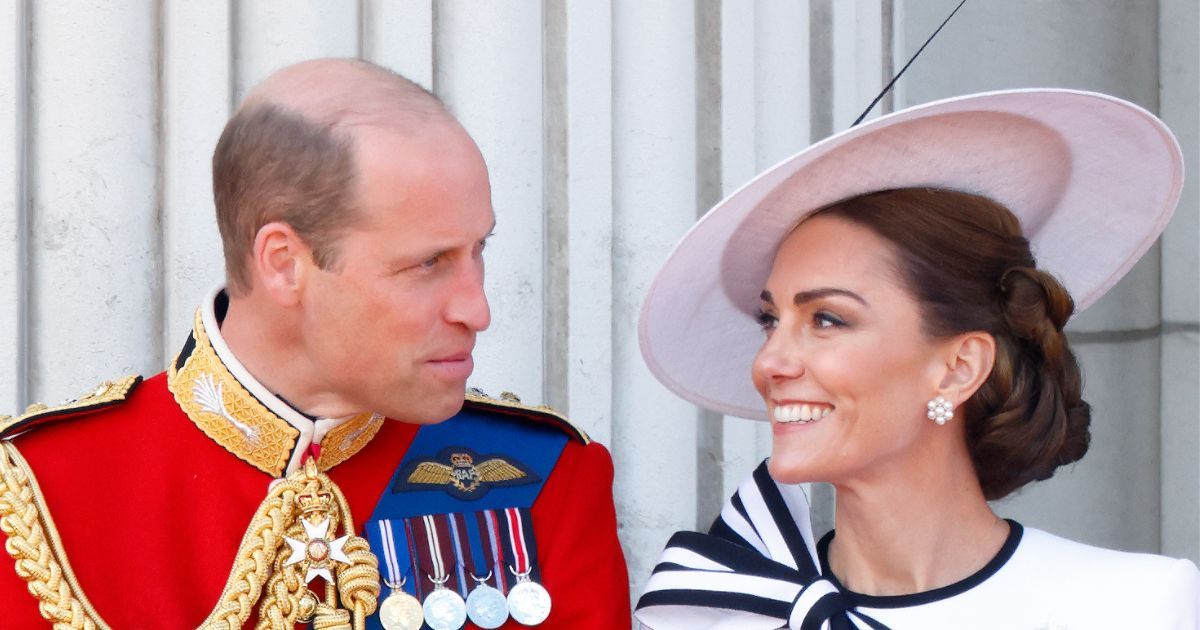Sophie Smith
30 October 2024
Chancellor Rachel Reeves has extended business rates relief for the retail and hospitality sector as she promises to "fix the foundations" of the economy and repair the public finances in today's Budget. In the first Labour Budget since 2010 – and the first ever delivered by a woman – Reeves said her "belief in Britain burns brighter than ever" but "the only way to drive economic growth is to invest, invest, invest". "There are no shortcuts. And to deliver that investment we must restore economic stability and turn the page on the last 14 years," she added. Reeves claimed the scale of the public spending problems she inherited were worse than previously thought. She said the £22 billion "black hole" left by the Tories in this year’s finances showed they "hid the reality of their public spending plans", with problems recurring in future years. "Any chancellor standing here today would face this reality, and any responsible chancellor would take action. That is why today, I am restoring stability to our public finances and rebuilding our public services." As a result, Reeves said "this Budget raises taxes by £40 billion". Businesses have long complained about the rates system, a highly-anticipated topic Reeves gave some attention to during the Budget. "Let me turn now to our high street businesses. I know that for them, a major source of concern is business rates," the Chancellor began. "From 2026-27, we intend to introduce two permanently lower tax rates for retail, hospitality and leisure properties, which make up the backbone of high streets across the country, and it is our intention that is paid for by a higher multiplier for the most valuable properties. "But the previous government created a cliff-edge next year, as temporary relief ends, so I will today provide 40% relief on business rates for the retail, hospitality and leisure industry in 2025-26, up to a cap of £110,000 per business." It came after Reeves confirmed a £25 billion raid on employers’ national insurance contributions, with higher rates and a lower starting threshold. The rate will increase by 1.2 percentage points to 15% from April 2025, with payments starting when an employee earns £5,000, down from the current £9,100. "I know that this is a difficult choice. I do not take this decision lightly," she said. Labour will also reduce the secondary threshold – the level at which employers start paying national insurance on each employee’s salary – from £9,100 per year to £5,000. This will raise £25 billion per year by the end of the forecast period. "We are asking business to contribute more, and I know that there will be impacts of this measure felt beyond businesses, too as the OBR have set out today. But in the circumstances that I have inherited, it is the right choice to make," added Reeves. However, she also unveiled an increase to the Employment Allowance for small businesses, which allows eligible employers to reduce their national insurance liability. She said: "I am today increasing the Employment Allowance from £5,000 to £10,500. This means 865,000 employers won’t pay any national insurance at all next year, and over one million will pay the same or less as they did previously. "This will allow a small business to employ the equivalent of four full-time workers on the national living wage without paying any national insurance on their wages." Another important topic for many retailers is theft, to which Reeves also pledged to "stop shoplifting in its tracks" with additional funding. She said: "We are taking action to deal with the sharp rise in shoplifting we have seen in recent years. We will scrap the effective immunity for low-value shoplifting introduced by the party opposite. "And having listened closely to organisations like the British Retail Consortium and USDAW (Union of Shop, Distributive and Allied Workers), I am providing additional funding to crack down on the organised gangs which target retailers and to provide more training to our police officers and retailers to help stop shoplifting in its tracks."





But what does the Budget mean for businesses/retail?
 3 weeks ago
5
3 weeks ago
5




















 English (US) ·
English (US) ·